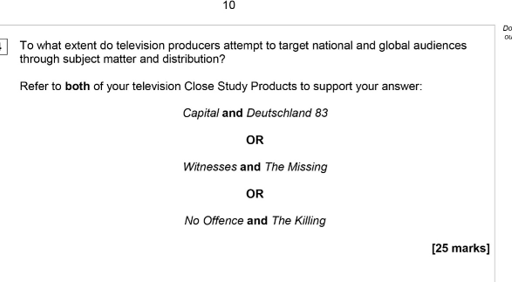
The two-step flow theory by Paul Lazerfeld is about the idea that media gets shared via opinion leader who is shown as common people who in actuality are more connected to the media who share their opinion on media to which the consumers (us) who are passive to media so we have a choice,
Paul Lazarfeld recognised that a simple, linear model may not be sufficiently complex to understanding the relationship between message sent > message received. As such, in 1948 he developed the Two Step Flow model of communication, which took account of the way in which mediated messages are not directly injected into the audience, but while also subject to noise, error, feedback etc, they are also filtered through opinion leaders, those who interpret media messages first and then relay them back to a bigger audience.
Research into this area began with Denis McQuail and Jay Blumler, who in 1969, looked to study the 1964 UK Election. In the early 1970’s they were joined by Elihu Katz, Joseph Brown, Michael Gurevitch and Hadassah Haas.
In essence, they put forward research to show that individual audience members are more active than had previously been thought and were actually key to the processes of selection, interpretation and feedback. In essence, individuals sought particular pleasures, uses and gratifications from individual media texts, which can be categorised as:
steve neal : Genre
Neale states that the film and its genre is defined by two things: How much is conforms to its genre’s individual conventions and stereotypes.
Genre Theory is a collective term used to describe theoretical approaches that are concerned with how similar situations generate typified responses called genres, which serve as a platform for both creating an understanding based on shared expectations and also shaping the social context.
Genre is important for both consumers and media producers. Consumers can make choices about media texts they wish to consume and media producers can create a media text for a specific audience. Audiences will also expect certain audio codes such as tense, dramatic music.
